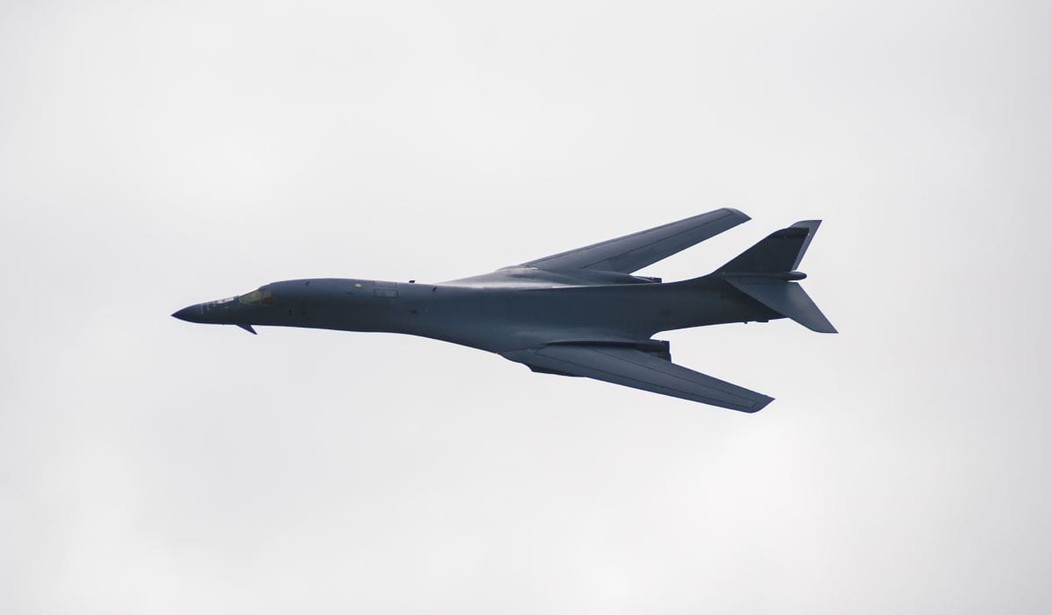This must be Obama’s idea of gun control for the military.
Actually, it’s quite serious. The Air Force chief of staff, General Mark Welsh, said in a statement that we’ve dropped 20,000 bombs and missiles on ISIS since the war began 15 months ago and the supplies are not being replenished at a fast enough rate.
As the U.S. ramps up its campaign against the Islamist terror group in Iraq and Syria, the Air Force is now “expending munitions faster than we can replenish them,” Air Force chief of staff Gen. Mark Welsh said in a statement.
“B-1s have dropped bombs in record numbers. F-15Es are in the fight because they are able to employ a wide range of weapons and do so with great flexibility. We need the funding in place to ensure we’re prepared for the long fight,” Welsh said in the statement. “This is a critical need.”
The bombing campaign has left the U.S. Air Force with what an Air Force official described as munitions depot stocks “below our desired objective.”
The official told CNN that the Air Force has requested additional funding for Hellfire missiles and is developing plans to ramp up weapons production to replenish its stocks more quickly. But replenishing that stock can take “up to four years from time of expenditure to asset resupply,” the official said.
“The precision today’s wars requires demands the right equipment and capability to achieve desired effects. We need to ensure the necessary funding is in place to not only execute today’s wars, but also tomorrow’s challenges,” the official said.
The Air Force’s publication of the number of missiles and bombs dropped comes amid continued criticism from Republicans — in particular those running for president — who insist the Obama administration has been too timid in the fight against ISIS, with many on the right calling for the U.S. to loosen the rules of engagement and lead a more aggressive fight against the militant group.
American pilots have fired weapons in less than half of the nearly 18,000 sorties they have in the first 10 months of 2015, according the latest figures available.
That’s up from 2014, when pilots fired their weapons just one third of the time.
The need does not appear to be critical, as in we’re going to run out of bombs in the next few weeks or months. But you can’t fight a modern war without stockpiling weapons, especially the “smart bombs” on which we rely for precision. Two or three years from now, the situation may become more problematic.
But the bombs and missiles aren’t cheap and it’s going to take a healthy increase in defense spending to avoid running short of ordnance in the future. Some conservatives may insist we slow down or cancel other procurement programs to pay for the replenishment. Some Democrats may oppose the expenditures altogether. There is little doubt that this administration and probably the next one will have their hands full trying to get resupply funds through Congress.










Join the conversation as a VIP Member